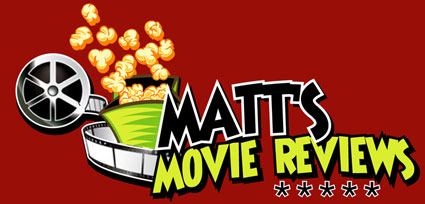America’s favourite past time is turned into a numbers game, as tradition clashes with progression in the baseball drama Moneyball.
Baseball is a sport which transitions itself very well on the big screen. The Natural made it mythical, Field of Dreams made it spiritual, and Bull Durham made it sexy. But what happens when mathematics is thrown into the mix?
You get Moneyball, a fascinating true story which was chronicled in a bestselling book and adapted to the big screen by two of Hollywood’s best scribes in Steve Zaillian (Schinder’s List) and Aaron Sorking (The Social Network).
The film stars Brad Pitt as Billy Beane, the general manager of the Oakland Athletics a mildly successful small market team struggling to win against big market organisations that have the payroll to match. Rather than give in to an unfair system, Beane decides to shake things up by hiring economics whiz kid Peter Brand (Jonah Hill) who uses statistical data to select undervalued players who can work as a team and win games, much like a jigsaw puzzle made up of damaged yet still intact pieces.
While the combination of baseball and mathematics may induce yawns by some, the excellent direction by Bennett Miller and screenplay by Zaillian / Sorkin makes Moneyball an absorbing watch.
Another major factor is Brad Pitt who delivers one of his best performances as Beane, mastering the art of eating on screen with hardly a scene passed without Pitt stuffing something in his mouth, while selling the stubbornness, frustration and determination which he pulls off with sly humour and simmering anger in his portrayal of a man venturing into waters unknown. In short Pitt delivers a performance of under acting brilliance.
Tender moments shared between Beane and his 12 year old daughter (Kerris Dorsey) adds more shades to this man, while the infectiously fun riffing between Pitt’s Beane and Jonah Hill’s awkward whiz kid Brand display Beane’s enthusiasm and the stellar dialogue of this script.
Philip Seymour Hoffman however, is good yet wasted as Athletics manager Art Howe, who views Beane’s new strategy with contempt. No doubt Hoffman took on the role as a favour to Miller, who helped Hoffman win an Oscar for Capote.
Incredibly, Moneyball is Miller’s only directing gig since Capote was released back in 2005, and while that film had moments of stagnation which lead to boredom, Moneyball has no such problems despite its insider baseball jargon.
Good drama is good drama, and Moneyball effectively chronicles the crippling lows and amazing highs in this fascinating chapter in the history of America’s game. |
